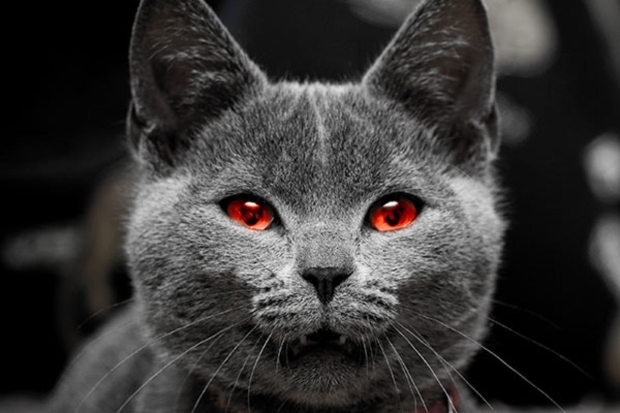The posts with the animals do not directly spread false information. But they can draw a huge audience that can be redirected to a publication or site spreading false information about election fraud, unproven coronavirus cures and other baseless conspiracy theories entirely unrelated to the videos.
Sometimes, following a feed of cute animals on Facebook unknowingly signs users up as subscribers to misleading posts from the same publisher.
Melissa Ryan, chief executive of Card Strategies, a consulting firm that researches disinformation, said this kind of "engagement bait" helped misinformation actors generate clicks on their pages, which can make them more prominent in users' feeds in the future. That prominence can drive a broader audience to content with inaccurate or misleading information, she said.
"The strategy works because the platforms continue to reward engagement over everything else," Ms. Ryan said, "even when that engagement comes from" publications that also publish false or misleading content.



